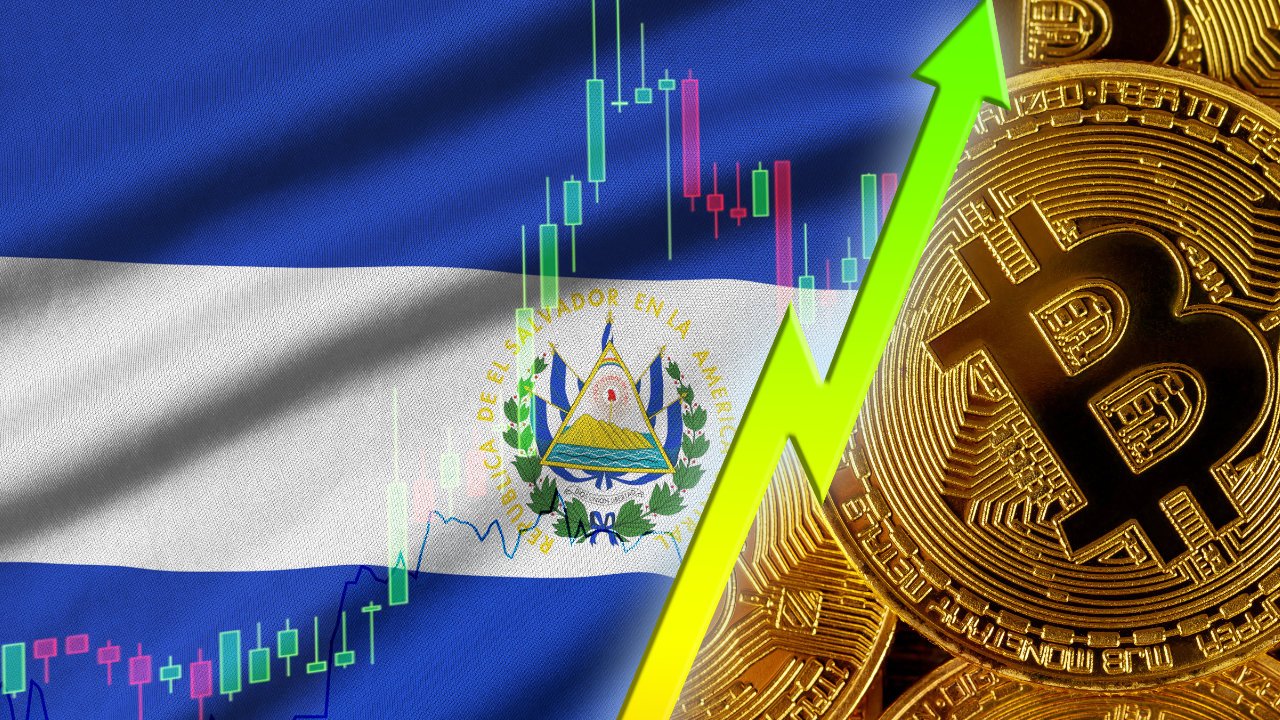Bitcoin officially became legal tender in El Salvador on Sept. 7, 2021, making it the first country to adopt the currency. The move has turned the Central American country into the first national experiment regarding the use of the often volatile currency, which is increasingly popular among many investors and speculators globally. The U.S. dollar will remain the country’s other principal medium of exchange.
Bitcoin’s price fell sharply after El Salvador announced the move, recovering slightly by early afternoon Tuesday.
In 2001, El Salvador’s Law of Monetary Integration set a fixed exchange rate between the U.S. dollar and that country’s monetary unit, the colon. While the colon technically remains legal tender, it is no longer in circulation and thus is rarely used today.
KEY TAKEAWAYS
- Bitcoin has joined the U.S. dollar as a legal tender in El Salvador.
- El Salvador is the first country to adopt Bitcoin in this fashion.
- The country’s president expects this to spur remittances from abroad and bolster the economy.
- Critics say adopting Bitcoin will cause an increase in money laundering and other criminal activities in El Salvador.
- Most Salvadorans are skeptical and want the new Bitcoin law repealed.
Reasoning Behind the Move
President Nayib Bukele says that elevating Bitcoin to legal tender status will help many Salvadorans, approximately 70% of whom do not have bank accounts, transition into the formal economy. In particular, he expects this move to make it cheaper and quicker for citizens to receive remittances from abroad. Remittances are an important source of income for his heavily indebted nation.
Foreign remittances totaled $5.9 billion in 2020, representing over a fifth of the nation’s GDP. President Bukele has asserted that using Bitcoin will reduce the annual commissions on remittances by about $400 million and thus spur yet larger transfers of funds.
Facilitating the Acceptance of Bitcoin
The new law requires all businesses to accept Bitcoin as payment. Meanwhile, the Salvadoran government will contribute $150 million to a trust to facilitate dollar conversions.
Additionally, the government has developed a digital wallet called “Chivo,” the Salvadoran slang word for “cool,” and will give a $30 Bitcoin bonus to citizens who download it. Salvadorans can withdraw funds in cash from 200 ATMs and 50 other locations. In an early setback illustrating Bitcoin’s challenges, the government had to take the digital wallet offline due to technical problems.
The Salvadoran government has initially purchased 400 Bitcoins, valued at the time of acquisition at about $21 million.
Risks
Many financial experts are skeptical about El Salvador’s move to Bitcoin. They point out that cryptocurrencies such as Bitcoin are highly volatile, speculative assets with no physical backing and thus are prone to soar and plummet in value alternately. “Having that risky exchange rate volatility is what was trying to be avoided when El Salvador adopted the dollar,” warned Jaime Reusche, of the rating service Moody’s, which downgraded El Salvador in July partly because of the Bitcoin law. “This clearly has no precedent,” he added.
Commenting on the volatility of Bitcoin, taxi driver Daniel Hercules said: “It is one of the things that worries me the most.”
Obstacles
Meanwhile, only about a third of Salvadorans use the Internet, and a large share of the population lives below the poverty line. Most respondents to one recent survey indicated that they have little intention of using Bitcoin. In another survey, more than two-thirds wanted the Bitcoin law repealed.32
El Salvador Is Now a Global Bitcoin Laboratory
Some observers see a strange irony in the decision by the Salvadoran government to adopt a digital currency that was designed, in large part, to skirt the traditional controls that governments exercise over money. Others worry that El Salvador is being used as a test subject to advance the agenda of cryptocurrency promoters.
The World Bank and the International Monetary Fund (IMF), see the adoption of Bitcoin by El Salvador as potentially making that country a prime destination for money laundering and other illegal financial activity.
“Without robust anti-money laundering and combating the financing of terrorism measures, crypto-assets can be used to launder ill-gotten money, fund terrorism, and evade taxes,” the IMF warned in a blog post, adding, “This could pose risks to a country’s financial system, fiscal balance, and relationships with foreign countries and correspondent banks.”
The Daily Mail. “The first Bitcoin nation: El Salvador government buys 400 bitcoins – worth an estimated $21m – as it becomes first country to accept digital currency as legal tender,” Accessed Sept. 7, 2021.





